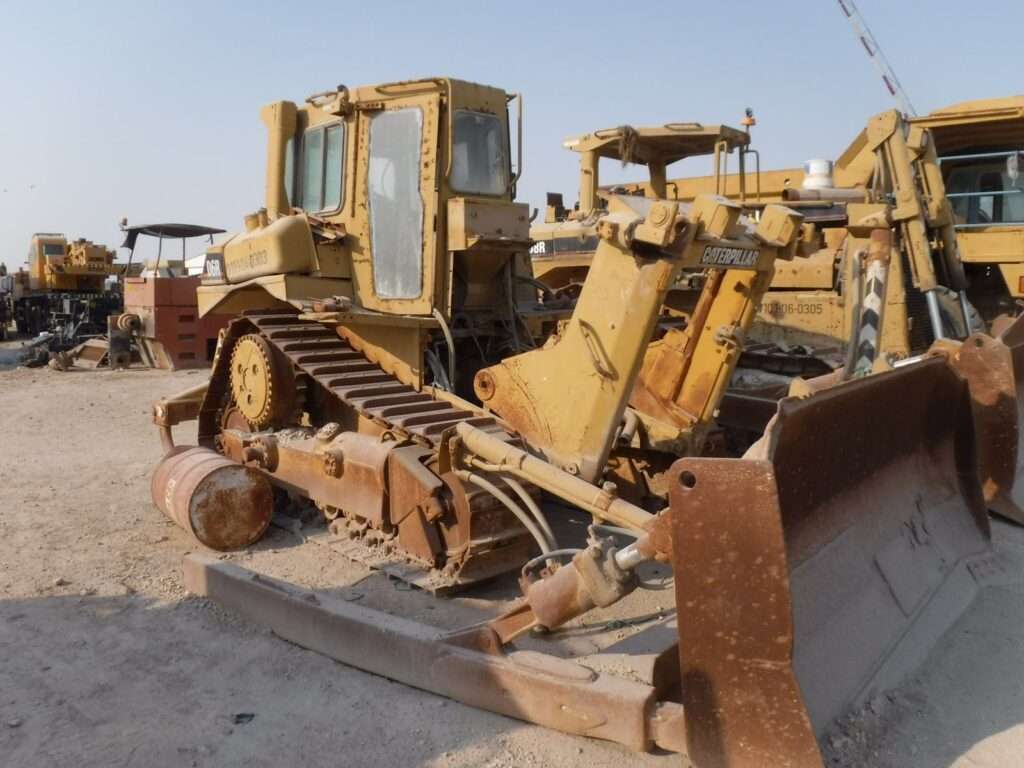Establishing a Pre-Shipment Inspection (PSI) service for imported machinery and technical goods can be beneficial for developing countries and emerging economies for several reasons:
1. Quality control: PSI helps ensure that the imported machinery and technical goods meet the required quality standards. This can prevent the entry of substandard or faulty equipment, reducing the risk of accidents, and enhancing the safety and reliability of the machinery used in the country.
2. Buyer protection: A PSI service can protect contractors and traders from purchasing non-working or obsolete equipment. It helps avoid fraudulent practices where sellers may attempt to pass off faulty or outdated goods as functional and up-to-date.
3. Economic efficiency: By preventing the import of non-working and obsolete equipment, the country can avoid wasting resources on repairing or replacing faulty machinery. This can lead to cost savings and greater economic efficiency.
4. Environmental considerations: Importing obsolete or outdated equipment may lead to increased environmental impact due to higher energy consumption and higher emissions. PSI can help filter out such equipment, promoting more environmentally friendly practices.
5. Technological advancement: Importing modern and advanced machinery can contribute to the country’s technological progress, enhancing productivity and competitiveness in domestic and international markets.

Avoid the import of obsolete equipment to your country
To avoid importing non-working and obsolete equipment, the following steps can be undertaken in establishing a PSI service:
1. Develop clear regulations: The country should establish clear and comprehensive regulations specifying the quality standards, safety requirements, and technical specifications for the imported machinery and technical goods.
2. Accreditation of inspection agencies: The country should accredit competent and independent inspection agencies with expertise in the relevant industries to conduct pre-shipment inspections. These agencies should be neutral and free from any conflict of interest with importers or exporters.
3. Inspection procedures: Define the inspection procedures, including the types of tests, checks, and assessments to be performed on the machinery and goods before shipment. Inspections may include visual checks, functional tests, performance evaluations, and conformity assessments with relevant standards.
4. Documentation and labelling: Require importers to provide comprehensive documentation about the imported equipment, including specifications, technical manuals, and maintenance history. The packaging should also be appropriately labelled to indicate compliance with the country’s regulations.
5. Penalties for non-compliance: Establish penalties and consequences for importers who attempt to bypass the PSI process or provide false information. Strict enforcement of these penalties will act as a deterrent against fraudulent practices.
6. Rules for Emissions: Establish rules for emissions of engines and fuel consumption. Raise penalties for imported dirty and leaking machinery and vehicles.
7. Training and capacity building: Invest in training and capacity building for inspectors and relevant government officials to ensure they have the knowledge and skills necessary to conduct thorough inspections effectively.
8. Public awareness: Educate importers, exporters, and the general public about the importance of PSI and its benefits in ensuring the quality and safety of imported machinery and goods.
Quality Control Measures
By implementing a well-structured Pre-Shipment Inspection service and adhering to stringent quality control measures, a less developed country can significantly enhance its industrial capabilities, protect consumers, contractors, and contribute to sustainable economic development. The international operating inspection service Mevas-Germany is able to consult governmental institutions and support development of an inspection service in your country. Our services are affordable and professional.
Influence to the national economy
The import of obsolete or non-working equipment and machinery can have several negative influences on the economy of a country:
- Economic inefficiency: Non-working or obsolete equipment can lead to inefficiencies in production processes. These machines may break down frequently, leading to costly downtime and reduced productivity. Inefficient production can hinder economic growth and competitiveness.
- Wasted resources: Importing non-working or outdated machinery often leads to a waste of financial resources. The country spends money on purchasing such equipment, but it may not contribute effectively to the production process, resulting in a loss of investment.
- Increased maintenance costs: Non-working or outdated machinery usually requires frequent repairs and maintenance, which can be expensive. The country may have to spend more on maintaining imported equipment, diverting funds from other essential development projects.
- Reduced quality of output: Outdated equipment may not meet modern quality standards, leading to lower-quality products. This can affect the country’s ability to compete in international markets and result in decreased export opportunities.
- Safety concerns: Non-working or faulty machinery can pose safety hazards to workers and the public. Workplace accidents and injuries can increase, leading to additional costs for healthcare and potential legal liabilities.
- Environmental impact: Obsolete machinery tends to be less energy-efficient and may produce more emissions. This can contribute to environmental degradation, leading to increased environmental and health-related costs.
- Hindered technological progress: Importing obsolete equipment can impede technological advancement within the country. Access to modern and advanced machinery is crucial for enhancing productivity and promoting innovation.
- Dependence on foreign suppliers: Relying on imports of non-working or obsolete machinery may make the country overly dependent on foreign suppliers. This can create vulnerabilities in the supply chain and expose the country to external economic fluctuations and geopolitical risks.
To mitigate these negative influences, establishing a robust Pre-Shipment Inspection (PSI) service, as mentioned earlier, can play a significant role. By ensuring that imported machinery meets required quality standards and technical specifications, the country can reduce the risks associated with importing non-working and obsolete equipment. This, in turn, promotes economic efficiency, enhances productivity, and contributes to sustainable economic development. Additionally, investing in local industries and promoting domestic manufacturing capabilities can also help reduce dependence on imports of substandard equipment and foster economic growth.

